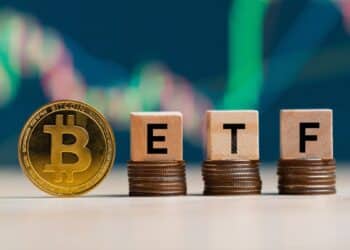A report by Stockspot has revealed that the ETF market size has tripled since 2016 and has become the preferred way to access diversified investments on the ASX, having overtaken listed investment companies (LICs).
Chris Brycki, co-author of the report and CEO of Stockspot, said: “ETFs will continue to be the success story of the wealth industry as investors look to add better diversification at a low cost into their portfolios.”
The report found that ETF investors prefer ESG, with social investing becoming the major winner (73 per cent growth) due to increasing awareness after the bushfires and COVID-19.
Meanwhile, traditional safe havens such as precious metals ETFs, including palladium (+90 per cent) and gold (+43 per cent), are providing investors with the greatest returns.
Contrary to this, oil and energy ETFs (-65 per cent ) were the worst performers. Many of the years’ other worst performers like property (-32 per cent) had come from being top performers in recent years.
While being bullish on the sector as a whole, Mr Brycki warned investors of the importance of picking the right ETFs for their investment needs.
“There are some we would never touch or recommend to clients, including leveraged ETFs, active ETFs and complex synthetic ETFs that aren’t backed by the underlying assets.
“These ETFs are high-risk, and we see no need for them in client portfolios. Long-term results show you will perform better by avoiding them.”
Instead, the fund manager advocated for building a well-diversified portfolio over time.
“We encourage investors to use ETFs as part of a diversified portfolio for long-term investing only, and not for short-term speculation or trading. The recent collapse of the oil ETF, as well as ASIC’s May 6 trade warning to retail investors, should serve as a reminder that trading in and out of ETFs, or any other investment for that matter, is a poor strategy,” he said.
Mr Brycki concluded: “Investing in a well-diversified portfolio of low-cost index ETFs continues to be the best way to build long-term wealth.”


